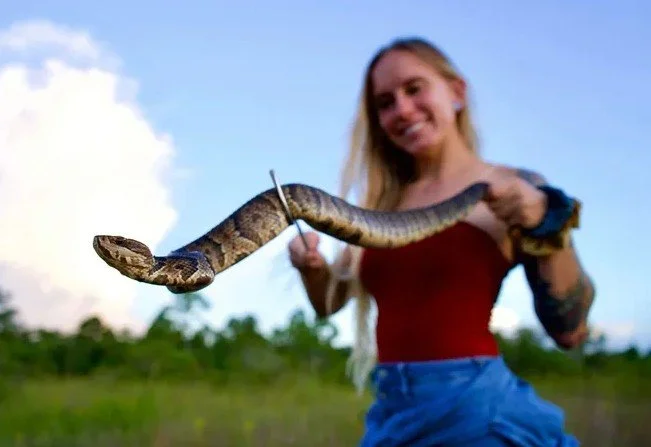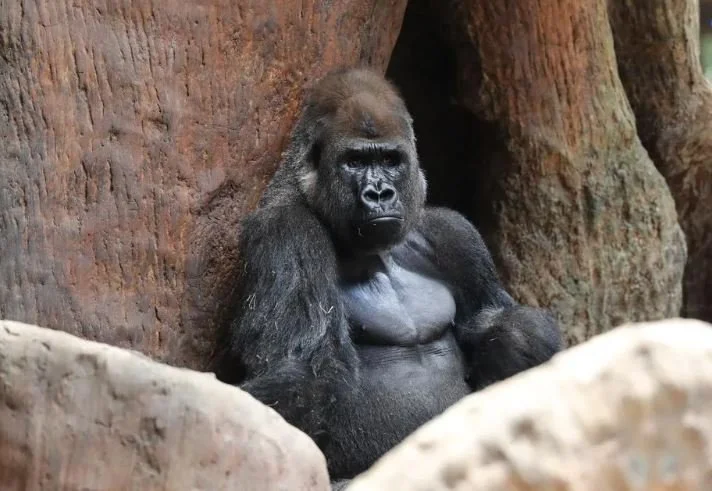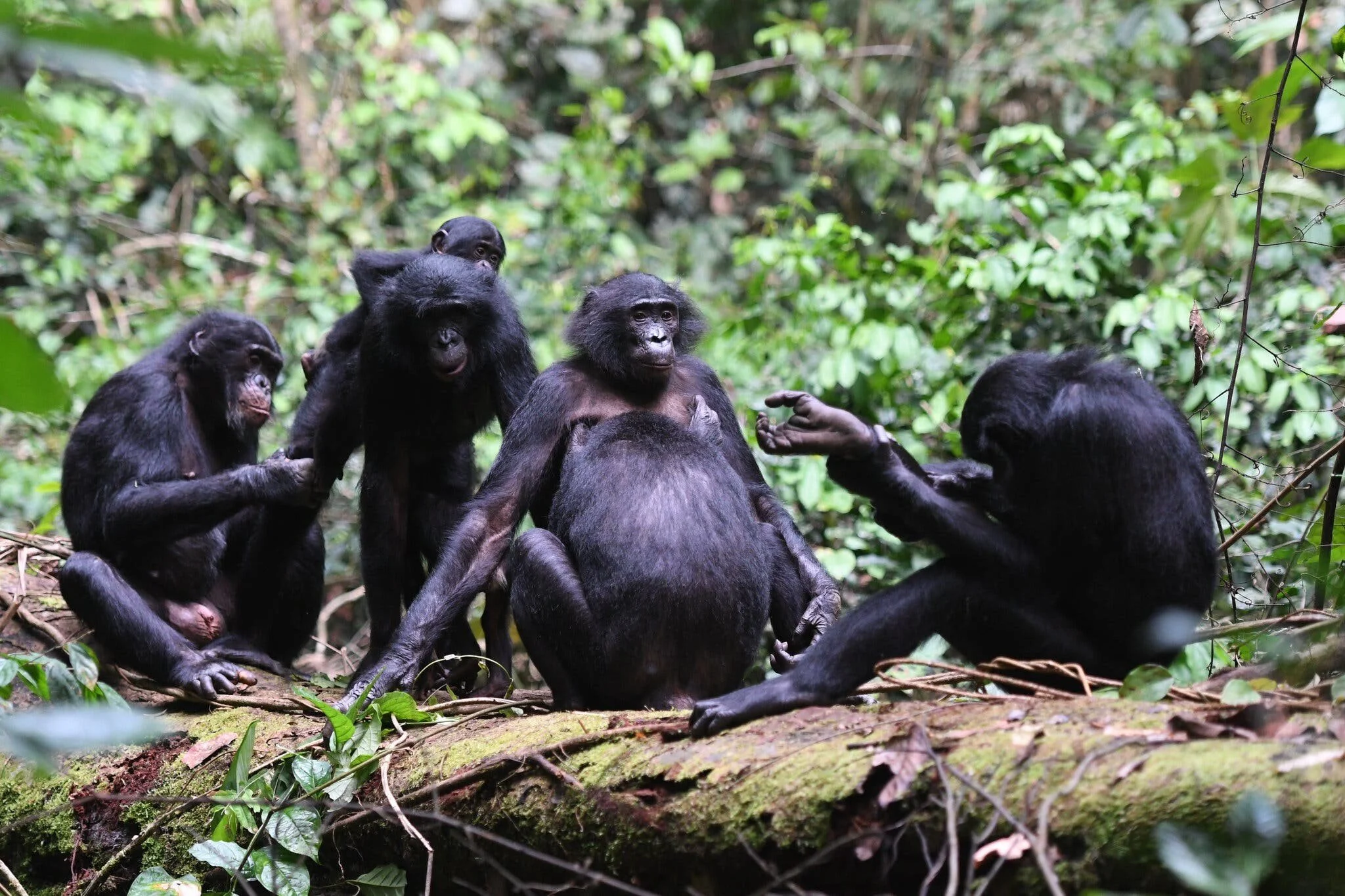Female Gorillas Upend the Male Power Narrative
Gorillas are social animals that live in troops, typically headed by a dominant male, along with several adult females and their offspring. Often a female will leave the troop and relocate – a behavior primatologists call “dispersal.” New research shows that the females tend to seek out other females they already know when they join a new troop, upending a long held view that the males are running the show.
Both male and female gorillas will sometimes disperse from the group that they originally grew up in, moves that promote genetic diversity. The ladies change groups three times on average throughout their lifetimes. When they do, they strongly prefer to join a group with females they'd lived with, or were at least familiar with, at some point in the past.
“Males, when they disperse, they usually become solitary and will try to attract females and try to establish their own group,” Victoire Martignac, lead author on the research published in the Proceedings of the Royal Society B, tells NPR. In contrast, females wait until their troop encounters another group in the forest, then check them out carefully before making the switch. “What we found is that females will consistently avoid groups that contain males that they grew up with.”
That’s a smart move, because a male they knew as a child might be a sibling, so avoiding him helps prevent inbreeding. But the females do care if a group had female gorillas that they recognized from the past, either because they'd grown up together or had lived together at some point. “They were really attracted to groups that contained females that they knew,” says Martignac.
The study is part of a growing body of research that challenges the notion of a male-dominant dynamic in primates. We’ve seen females in charge in bonobo troops, for example.
As usual, observation of great ape behavior is expected to teach us something about ourselves. “This contributes to a better understanding of not only population dynamics in this endangered ape,” the study concludes, “but also of the foundation of our own flexible society, characterized by individuals moving between social groups throughout their lifetimes.”
The study is backed by decades of observations made by trackers affiliated with the Dian Fossey Gorilla Fund.
Photo credit: Fossey Gorilla Fund







